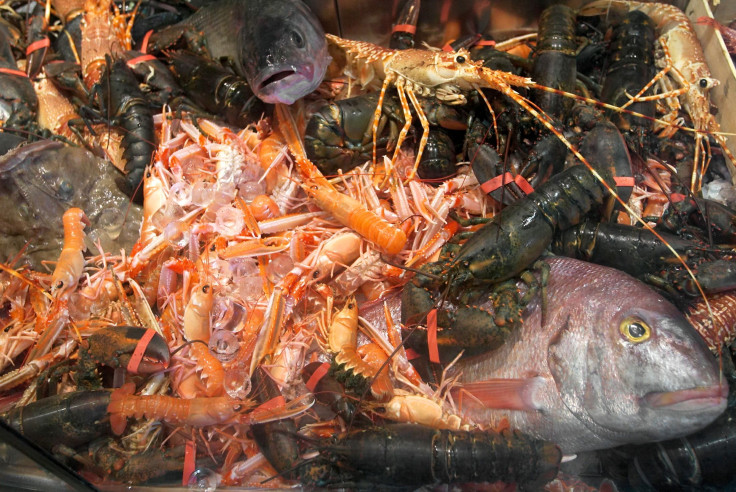Genetic Analysis Reveals Early Sicilians Did Not Have a Taste for Seafood

Genetic and chemical analyses of ancient skeletal remains of the first human settlers of Sicily revealed that despite living next to the sea, they weren't so keen on seafood.
The study published Nov. 28 in the journal PLOS ONE, analyzed the skeletal remains of people who lived 10,000 years ago in an island cave in Favignana, Italy and found no telltale signs of seafood eating.
Instead, the latest findings show that the diet of these hunter-gatherers was based mainly on deer and boar.
Researchers said that genetic analysis of the remains discovered in caves on the Egadi Islands are significant to ancestry analysis because they provide some of the first mitochondrial DNA data available for early humans from the Mediterranean region.
Marcello Mannino and his team from the Max Planck Institute for Evolutionary Anthropology, Germany, believe that the recent analysis tells secrets of the time when modern humans reached the Mediterranean islands.
"The definitive peopling of Sicily by modern humans only occurred at the peak of the last ice age, around 19,000 -26,500 years ago, when sea levels were low enough to expose a land bridge between the island and the Italian peninsula," Mannino said in a statement.
After analyzing the chemical composition of the 10,000-year-old skeletal remains, researchers found that these early settlers maintained their hunter-gatherer lifestyles and relied on terrestrial animals rather than on marine animals for meat.
The study concludes that despite living on islands in a time when sea level rise was quick enough to change within a single human lifetime, the early people of Sicily did not make use of the marine resources available to them.
"The fact that these hunter-gatherers did not develop sophisticated fishing technologies in response to sea-level rise suggests that the potential returns of doing so were insufficient and that their population numbers were probably low," Mannino told LiveScience.
"These findings have crucial implications for studies of the role of seafood in the diet of Mediterranean hunter-gatherers," study authors concluded.



























